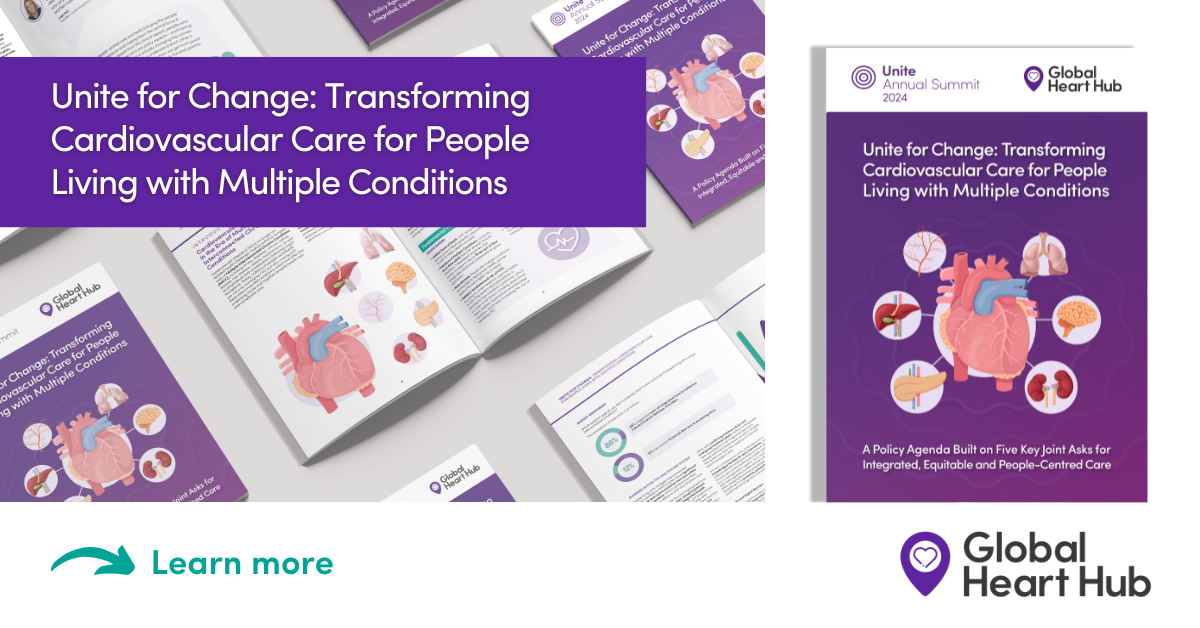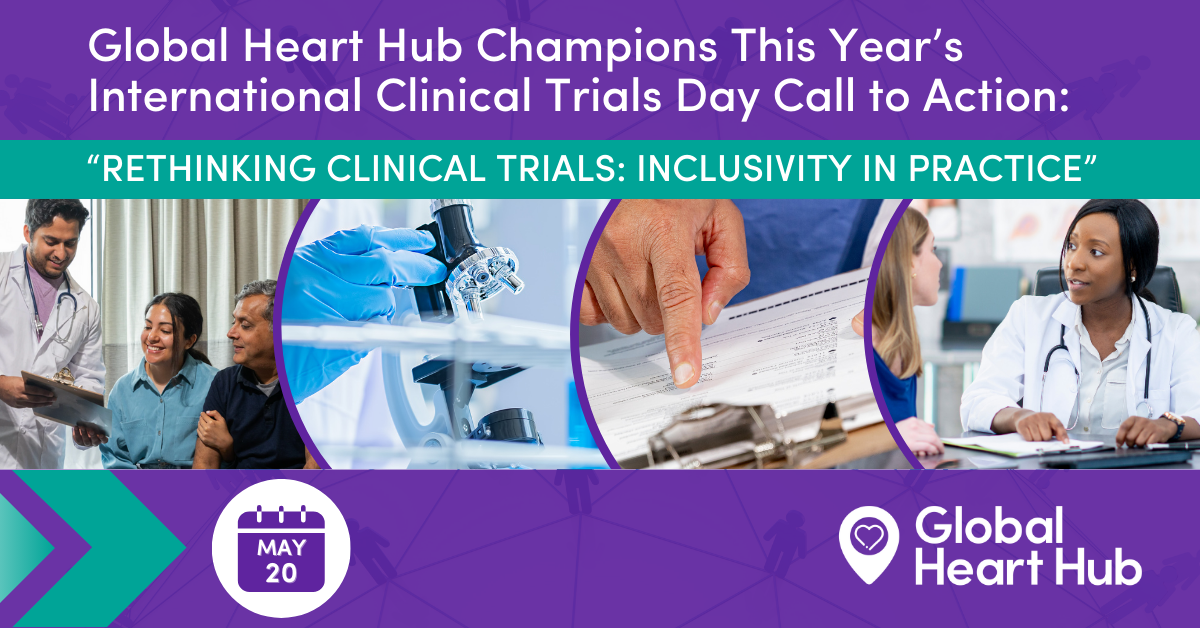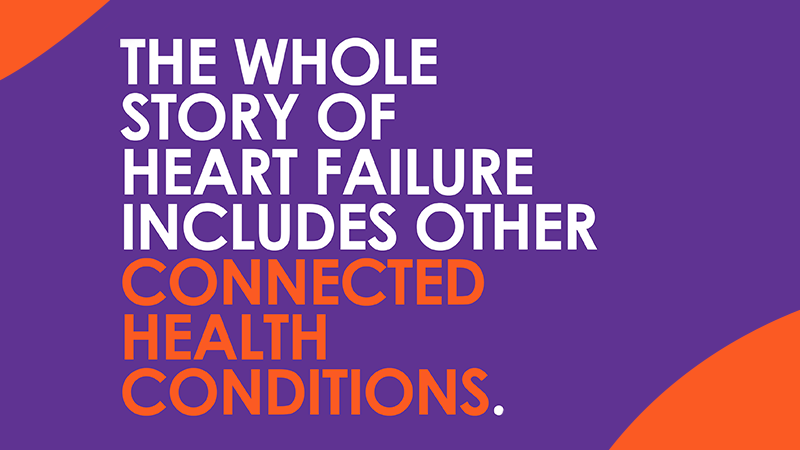2021 ESC/EACTS Guidelines for the Management of Valvular Heart Disease
A message from Wil Woan, Chair of the Heart Valve Disease Patient Council.
This week, the European Society of Cardiology (ESC) and European Association for Cardio-Thoracic Surgery (EACTS) released the 2021 revisions to their clinical practice guidelines for the management of valvular heart disease.
I welcome the revisions to the guidelines, and the strength of the language around patient input, shared decision making and asymptomatic patients.
At Global Heart Hub, active patient involvement is at the heart of everything we do. We know that patients are more informed than ever, and their appetite to be part of the decision making process around treatment is stronger than ever.
For me, the guidelines’ focus on a “patient centred approach” is welcomed, and I echo their commitment to choices on treatment being a shared decision between a multidisciplinary Heart Team and an informed patient. The guidelines commitment to supporting patients to be “informed and assisted in their decision on the best treatment option” is echoed by all the members of the Valve Council.
Equally, the approach to asymptomatic patients is welcomed, and the commitment to exercise testing to “unmask the objective occurrence of symptoms in patients who claim to be asymptomatic” will no doubt lead to better diagnosis of heart valve disease.
We know that many patients mask symptoms, or mistake them as signs of ageing, and exercise testing is a practical way to ensure effective diagnosis of severity of a patients heart valve disease. This commitment will lead to better diagnosis, earlier treatment, and no doubt lead to better outcomes for heart valve disease patients.
Along with our Global Heart Hub ‘Working Together to Create a Better Patient Journey Report’, these guidelines provide a blueprint for better valve disease care, and together with my colleagues on the Valve Council, we welcome their publication.
Now, we at the Global Heart Hub will work as a conduit to ESC and EACTS to help deliver the adoption of the guidelines, and continue our work empowering patients with the information they need to be active parts of their pathway.





